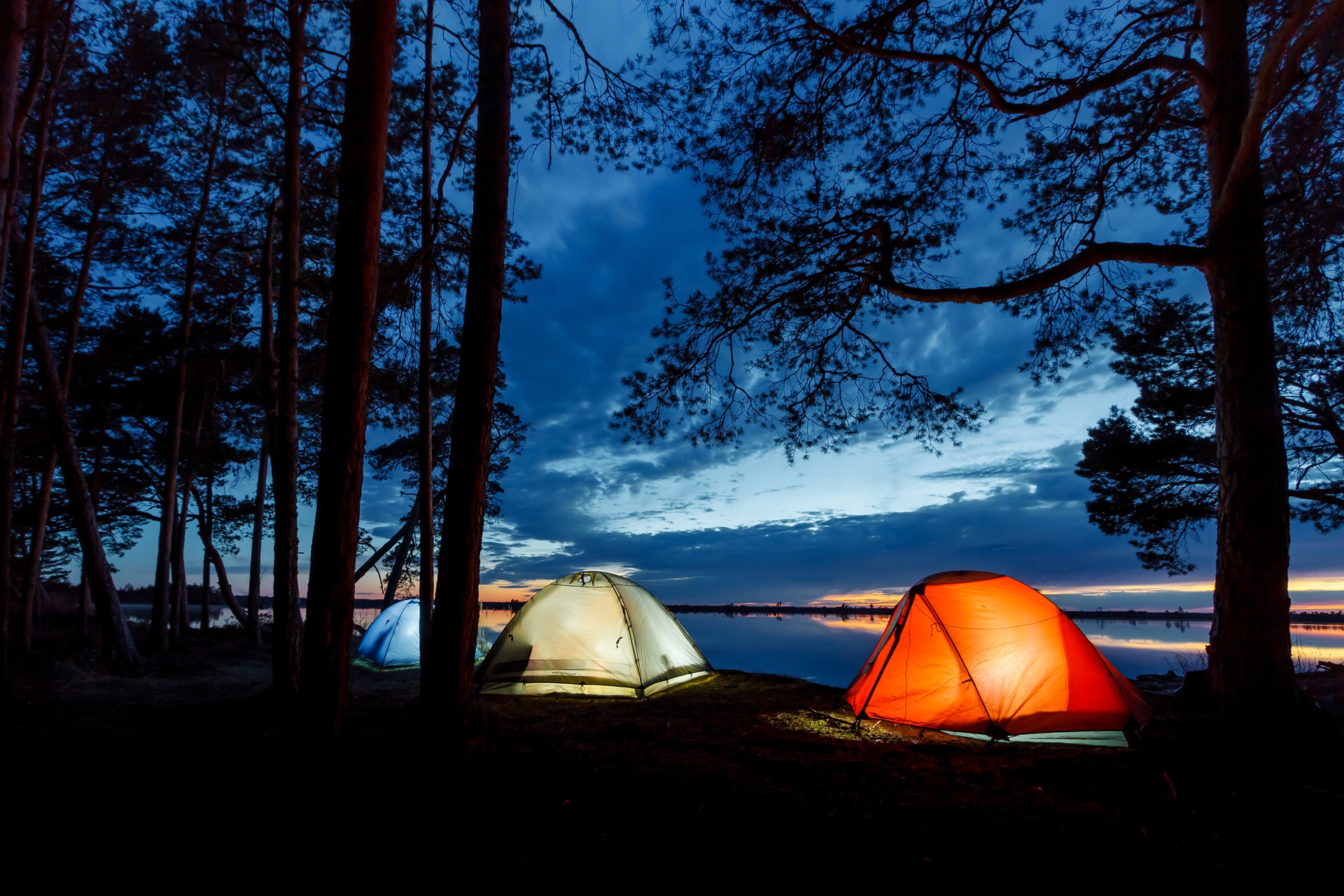Rules of conduct
For the sake of preserving the environment and the well-being of everyone, keep these principles in mind when visiting nature.
Prepare and plan!
- Consider what to do and where to go.
- Observe the rules of public order in force in the territory of the local government.
- Observe the principles of freedom to roam and the restrictions. NB! In protected areas, the freedom to roam is limited, the rules are set out in the protection rules for the respective area.
- Prefer existing hiking trails, campsites, campfire sites and other facilities, so as not to place an additional burden on the environment.
- In order to conserve fossil fuels, prefer to arrive via train or bus, if possible. Bring several people with you if arriving by car.
- Reduce the amount of waste generated – pack your food, etc., in reusable boxes and bags.
- Take into account the risk of fire in the forest! Familiarise yourself with the weather forecast of the Environment Agency or inquire about the fire risk on the state information line 1247 or at the nearest RMK information point.
Moving about and acting without leaving a trace!
- Stay on the trail! When walking, cycling, skiing, boating or horseback riding, prefer existing roads and trails.
- When moving about with a motor vehicle or off-road vehicle, only use roads and car parks built for this purpose, taking into consideration pedestrians and cyclists.
- When parking the car, be attentive and take into account the branches that may fall and the trees that may break.
- Do not move about or drive in private yards, plantations, apiaries, sown crops, fields and elsewhere on agricultural land.
- Take the surroundings into account – Do not make noise or disturb the peace of fellow citizens or forest dwellers. The only stimulants consumed are the sounds of nature, beautiful views, and time spent together.
- Remember that at campsites and campfire sites the generally recognised lights-out period is from 23.00 to 6.00.
- Your pet is your responsibility. Always keep your dog on a leash in nature! Collect your pet’s droppings from the public space – from the hiking trail, campsite, and other facilities. Bury them or discard them in the toilet.
- When nature calls, use a toilet in prepared stopping places. In the absence of a toilet, bury your waste matter in the soil while moving about on the landscape and in the forest.
- At a body of water, wash dishes and yourself away from the waterline on dry land. Only use detergents when absolutely necessary; usually clean water is enough.
- Do not leave anything behind and clean up the place before you leave.
No rubbish!
- Always take generated rubbish away with you from nature. Follow the principle: ‘All that you can carry into the forest, you can also carry out’.
- Sort waste at rest stops, where possible!
- Read more about the sorting principles HERE.
Only build a fire where permitted!
- Only build a campfire in a place that has been prepared and designated for this purpose, at a time that when building a fire is permitted. If arriving by car, bring your own wood or charcoal.
- When building a fire, prefer a covered campfire site and follow fire safety requirements.
- Take other users into consideration, as the prepared campfire sites are in public use.
- When building a fire, use the provided firewood or fallen branches.
- Use firewood sparingly – keep the fire burning, but as small as possible.
- A burning campfire is never left unattended. Extinguish the fire properly before you leave.
- Only use the grill that you have brought with you at the prepared and marked campfire site. Used charcoal is disposed of in the fire ring.
- Use a disposable grill only on a prepared, non-combustible surface. In its absence, on a mineral surface. Coals are disposed of in the fire ring. Place a cold disposable grill in a municipal waste container. If possible, use a disposable wooden grill.
- In an unmarked and unprepared place, only use a hiking stove.
- A large number of forest fires are caused by negligence! Remember that smoking is also only allowed in prepared campfire sites.
- Call 112 to report a forest fire.
Camp and stop only where permitted!
- For camping, use a prepared site. In the absence of which, if possible, prefer a previously used site. Avoid walking on sensitive soil.
- When setting up the tent, be attentive and take into account the branches that may fall and the trees that may break.
- According to the principles of the freedom to roam, you may can camp for 1 day on an unmarked plot of land belonging to a stranger, unless prohibited by the landowner.
When using a forest hut, follow the principles of the freedom to roam!
- Sleep in a forest hut for one night.
- Make room for newcomers – everyone is equal in the forest!
- Use firewood sparingly.
- Leave dry firewood for the next person to start fire.
- Leave equipment undamaged and the house clean when you leave.
NB! Old explosives from World War II can still be found in Estonian nature. If you have found an object resembling an explosive device, leave it untouched, mark the location of the finding, and immediately report your discovery to the emergency number 112. More information is available on the website of the Rescue Board.
Thank you for being environmentally aware!
